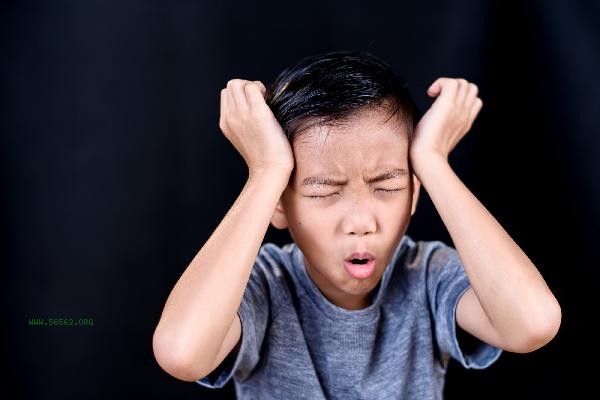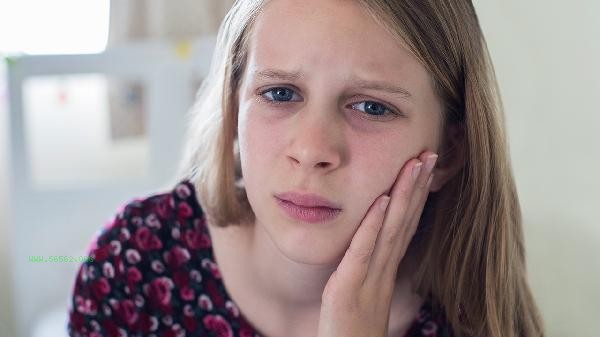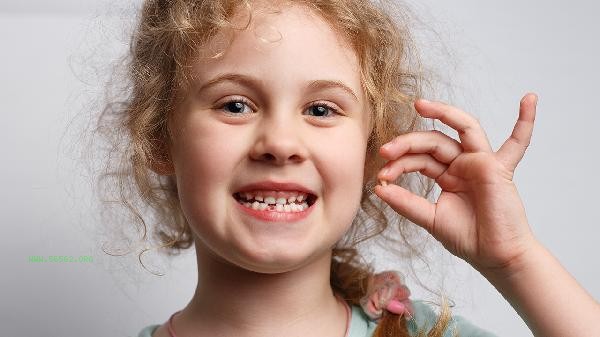During the period when children take traditional Chinese medicine, they should avoid consuming raw, cold, greasy, oily, spicy, and high sugar foods to avoid affecting the efficacy of the medicine or worsening the condition. During the preparation of traditional Chinese medicine, the diet should be combined with the medicinal properties. Common taboos include mung beans, radishes, strong tea, fatty meat, cold drinks, etc.

1. Raw and cold foods
Raw and cold foods such as ice cream, cold drinks, and raw fish slices can easily damage the spleen and stomach yang qi, affecting the warming and nourishing effects of traditional Chinese medicine. Children have weak spleen and stomach function, so it is especially important to avoid taking traditional Chinese medicines that warm the meridians and dispel cold. If children with cold constitution consume raw and cold food, it may worsen abdominal pain and diarrhea symptoms, and reduce drug absorption rate.
Secondly, greasy foods
High fat foods such as fried foods and fatty meat can increase the burden on the gastrointestinal tract and hinder the absorption of medication. When taking traditional Chinese medicine for strengthening the spleen and promoting digestion, greasy foods can counteract the effects and cause bloating and fullness in the epigastric region. Children with phlegm dampness constitution should control their intake of oil and avoid the endogenous effects of phlegm dampness on the function of traditional Chinese medicine for resolving phlegm.
Thirdly, volatile foods
Seafood, lamb, goose and other volatile foods may induce allergies or worsen skin diseases. During the period of taking traditional Chinese medicine for clearing heat and detoxifying, the volatile substances can easily promote heat toxicity in the body, affecting the treatment effect of skin diseases such as eczema and urticaria. Children with allergies should pay special attention to avoiding such foods.

4. Spicy and Stimulating Foods
Spicy ingredients such as chili peppers, onions, ginger, garlic, etc. may irritate the gastrointestinal mucosa and conflict with heat clearing traditional Chinese medicines. When taking the nourishing yin and reducing fire formula, spicy food can help damage yin caused by fire, leading to recurrent symptoms of dry mouth and sore throat. Children with respiratory tract infections should avoid spicy food during medication.
5. High sugar foods
Sweet foods such as candies and cakes are prone to phlegm and dampness, which can affect the efficacy of traditional Chinese medicine for resolving phlegm and stopping cough. Excessive sugar content can also inhibit the digestive function of the spleen and stomach, and when taken together with tonifying traditional Chinese medicine, it may cause discomfort in the epigastric region. When children with diabetes take traditional Chinese medicine, sugar intake should be strictly controlled. Parents should adjust the diet of their children according to the properties of traditional Chinese medicine, and avoid eating foods that affect the efficacy of the medication for one hour before and after taking it. Iron and aluminum utensils should not be used for decocting traditional Chinese medicine. During medication, millet porridge, yam and other spleen strengthening ingredients can be used. Pay attention to the reactions of children after taking medication. If there is a decrease in appetite or allergic symptoms, consult a traditional Chinese medicine practitioner in a timely manner. Maintaining a light diet helps with drug absorption, while moderate exercise can promote the circulation of qi and blood and enhance drug efficacy.









Comments (0)
Leave a Comment
No comments yet
Be the first to share your thoughts!